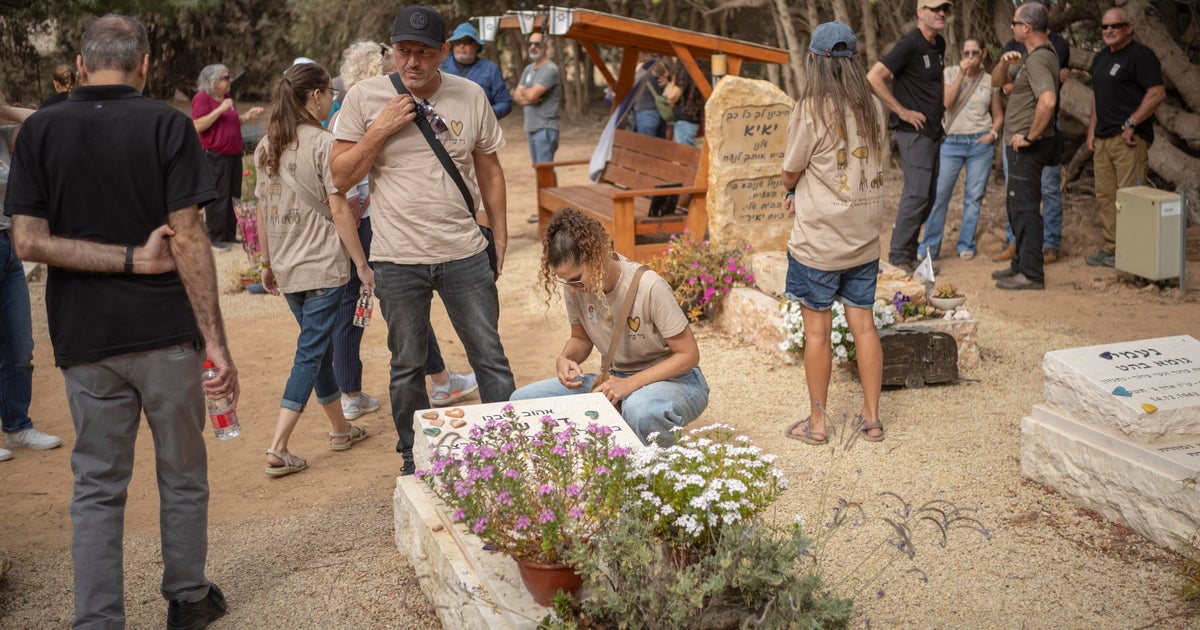Health department officials say the $46 billion National Disability Insurance Scheme has distorted the spread of allied health workers, the prices they charge for services and the time families are forced to wait for support as work gets under way on a new disability system for thousands of kids.
But most affected families say they’re worried about the timeline to roll out the scheme, which will be called Thriving Kids and will start replacing NDIS support in mid-2027, and they fear moving to a more standard system of care will create a “one-size-fits-all” approach that leaves their child behind.

Families have revealed the extent of their concern about changes to disability support.Credit: Dion Georgopoulos
As a federal advisory group met for the first time last week to start designing the new system for autistic children with lower support needs, the peak body for young people with disabilities has revealed the extent of families’ concern to a parliamentary inquiry probing the government’s plans.
A survey of more than 1500 people conducted by Children and Young People with Disability Australia (CYDA) found 79 per cent did not feel there was enough time to build Thriving Kids, and 76 per cent were worried about it. Only 4 per cent thought enough time had been allocated, according to survey results released on Tuesday. The same proportion felt positive about the changes.
“It is a major red flag when a vast majority of the people who will be impacted tell you your reform timetable is unrealistic and that it could cause real harm,” said Skye Kakoschke-Moore, the organisation’s chief executive, who sits on the government’s new advisory board.
Loading
“We have long called for alternative supports, but they need to be effective, properly co-designed with our community and fully functional before they can replace the NDIS.
“Such significant reform cannot be achieved in under a year without risking children falling through the cracks and losing access to essential, life-changing supports completely.”
In a parliamentary hearing held last Friday, Health Department officials said they wanted to leverage mainstream health, education and childcare systems so that families no longer bought their own services with funding packages, which currently happens under the NDIS.
Health Department acting deputy secretary Luke Mansfield told the hearing that the NDIS model of individual packages had distorted the distribution of allied health workers around the country.
“Where the workforce is available, it’s distorted pricing,” he said. “I think the notion of government-commissioned, funded or delivered services will help to overcome that. It helps government plan where the services are available, as opposed to where the provider wishes to provide the service.”
However, the parents surveyed by CYDA were concerned the new block-funded services would no longer be individualised to their children’s needs and they feared schools would not be able to step up.
About half said they enlisted services such as occupational therapy, speech therapy, psychology and support workers each week. A further one in five used them fortnightly.
Liz Develin, a department deputy secretary, said the reforms had come from the realisation there was a high proportion of young children on the NDIS – about 50 per cent of new participants – “and a sense that families are actually looking for mainstream supports and they can’t find them”.
“One of the key rationales for Thriving Kids is to think about how we can provide more mainstream services outside of the NDIS for these children, so that you don’t have those extensive delays, because a child of two or three cannot wait six months or a year for a service,” she said.
Loading
She said the government still hoped to land a funding deal by the end of the year – which is being held up in a dispute over hospital funding with states – and that the advisory group would do “very rapid work over the next few months” so that services started from mid-2026.
But in a separate submission, Aruma, one of the country’s biggest NDIS providers, said private providers in the non-profit sector were already delivering lower-intensity early intervention supports for children, which should be scaled up as part of Thriving Kids.
“Aruma delivered early intervention services to children and families before the NDIS, and over the last 20 years has developed its evidence-based programs that build capacities for children and families across both metropolitan and rural regions,” chief executive Martin Laverty, a former board member on the National Disability Insurance Agency, told the inquiry.
“The not-for-profit sector has current and future capacity to deliver evidence-based early intervention programs to children with mild to moderate developmental delay or disability.
“The inquiry is encouraged to collate information on capacity of the not-for-profit sector to commence Thriving Kids program delivery from July 2026.”
Cut through the noise of federal politics with news, views and expert analysis. Subscribers can sign up to our weekly Inside Politics newsletter.
Most Viewed in Politics
Loading


















































